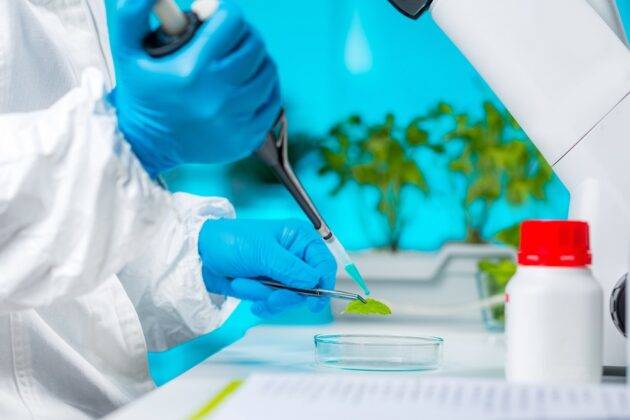The Ministry of Agriculture and Livestock of Ecuador has issued a new technical guide outlining the procedure for determining whether a seed or crop obtained through Gene Editing can be registered or marketed as a conventional organism

In September of the current year, Ecuador joined the countries with a regulatory framework for crops obtained through new improvement techniques. This framework aligns with the regulations in place in Argentina and Brazil. The progress in genetic editing of plants in Ecuador is based on a ministerial agreement supported by the Organic Environmental Code of the Ministry of the Environment, which recognizes this technology as non-transgenic.
The Ministry of Agriculture and Livestock of Ecuador has issued a new technical guide outlining the procedure for determining whether a seed or crop obtained through precision improvement techniques can be registered or marketed as a conventional organism.
This technical guide is based on the Organic Law of Agrobiodiversity, Seeds, and Promotion of Sustainable Agriculture and its Regulation.
According to the Ministry of Agriculture, Ministerial Agreement 063 will be applicable to all natural or legal persons (public or private) whose intention is to research, develop, plant or evaluate in the field, import, export, mobilize, store, and market seeds or crops obtained through precision improvement techniques, through the Seed Technical Committee (CTS) established by Ministerial Agreement 163/2020, which will serve as the consulting body and issue technical criteria to determine whether a seed or crop obtained through precision improvement techniques can be registered as a conventional organism in response to a Preliminary Analysis Request.
The director of INIAP emphasized that this effort requires significant financial resources, specialized equipment, and trained professionals, and while not significant in its initial stage, collaboration with other partners to share costs will be fundamental in the future. Jaramillo mentioned that they expect to obtain a budget of 7 million dollars through the Agrodiversity Research Fund (FIASA) to finance projects related to genetic editing.
On the other hand, José Luis Zambrano, director of research at INIAP, highlighted that this progress in genetic editing will benefit the research sector, academia, and, above all, farmers. It is expected to accelerate the development process of plant varieties and, consequently, their commercialization, allowing farmers to access improved varieties more quickly. It was also emphasized that genetic editing will be a valuable tool in the fight against Fusarium race 4 in bananas and in reducing cadmium content in cocoa, two significant challenges for Ecuadorian agriculture.
This progress in the genetic editing of plants in Ecuador is based on a ministerial agreement supported by the Organic Environmental Code of the Ministry of the Environment, recognizing this technology as non-transgenic. It is anticipated that concrete results from this initiative will begin to be seen in less than 7 years, which could revolutionize sustainable agriculture in the country, said Zambrano.
This new technical guide aims to provide clarity and regulation in the use of seeds and crops obtained through precision improvement techniques in Ecuador. It is expected that this regulation will contribute to the conservation and sustainable use of biodiversity and ensure the rights to human health and the environment."




